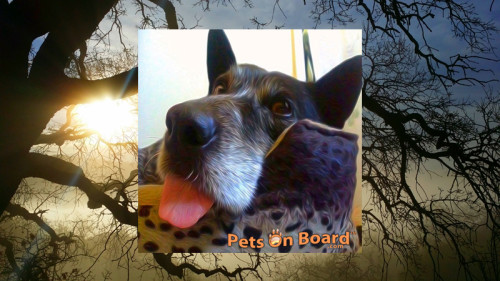DEAR DOCTOR K: My beloved dog passed away a few months ago after years of loving companionship. My friends think I should be over his death by now. Are they right?DEAR READER: There’s a reason dogs are called man’s (and woman’s) best friend: They offer unparalleled companionship and unconditional love. Especially unconditional love. That love is encapsulated in the wonderful prayer: “Lord, help me to become the person that my dog thinks I am.”For most dog owners, a dog is a cherished member of the family. As such, the grief associated with the loss of a canine companion can be just as intense as losing a human companion. As well-intentioned as your friends may be, they may not understand the depth of your loss.Many non-pet-owners don’t realize how strong the dog-owner bond can be. Others simply can’t fathom it and may even belittle your feelings. It is important to acknowledge your grief when your dog passes away — whether other people do or not.Dogs live an average of 10 years. That means that even the longest-lived dogs won’t span a human’s lifetime.It is normal to experience feelings of grief, possibly quite intensely and for a long time, after the death of a pet. Some of the tips below may be helpful.— Reach out. If you know someone else who has lost a well-loved pet, talk with him or her about your loss. Many veterinary schools offer pet-loss support hotlines and may be able to recommend support groups as well. Pet Partners (www.petpartners.org) offers links to other groups and resources associated with pet loss and bereavement.— Mourn the loss. Be good to yourself. Do what feels comforting, and allow yourself time to recover from the loss. Express your feelings. Hold a memorial service or funeral, or bury your pet at a pet cemetery.— Remember the fun. What did you enjoy most about your pet? What did your pet love to do with you? Celebrate and remember all of the positive things your pet brought to your life. Consider memorializing your pet through donations to organizations devoted to pets and their health.— Seek help if you need it. It’s normal to feel some ongoing sadness about the absence of your pet. But if your grief continues, undiminished, for longer than six to 12 months and interferes with your ability to function, consider talking to a mental health professional.— Get a new dog. A patient of mine once lost a dog and was grieving that loss. When I recommended that he get a new dog, he said he felt it would be “disloyal.” I didn’t understand that. I said that I bet the dog he lost would have wanted him to be happy. I told him that my brother-in-law had always had a golden retriever. A new golden puppy arrived in his home shortly after each death. Each new golden puppy was a new beginning for him. And for each of those golden puppies, he was their first beginning.
Source: Mourning a pet is a normal reaction


